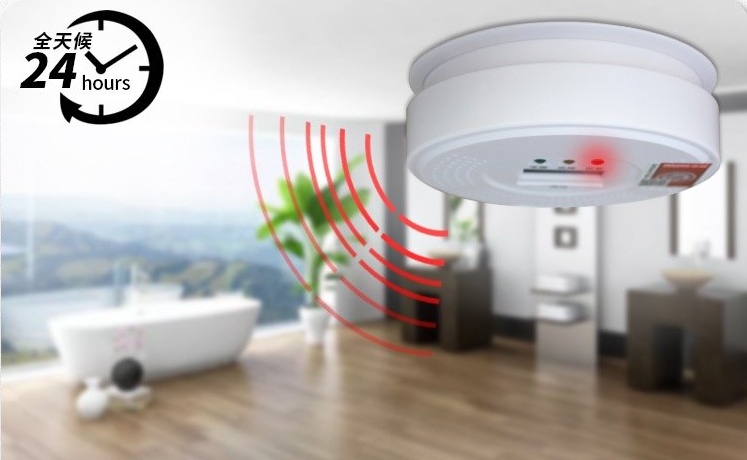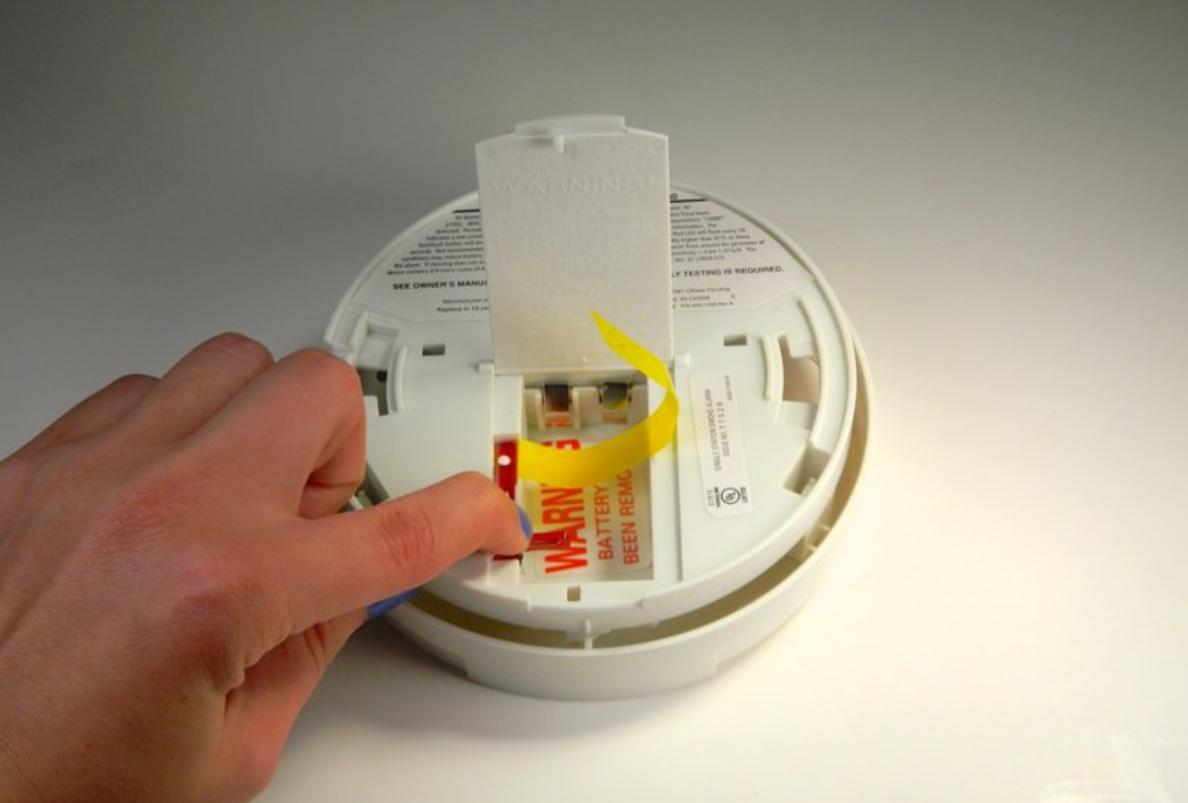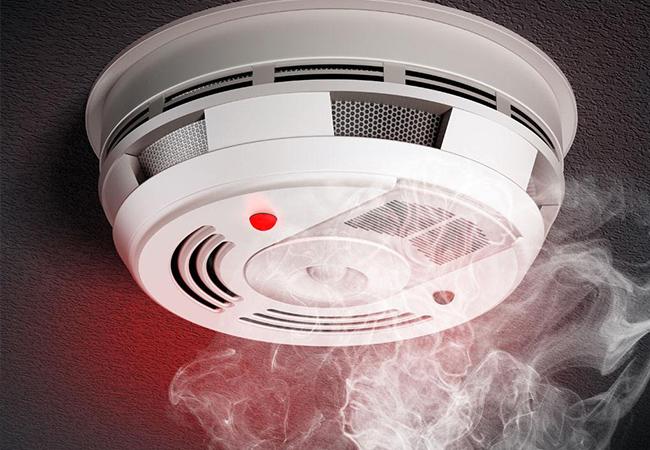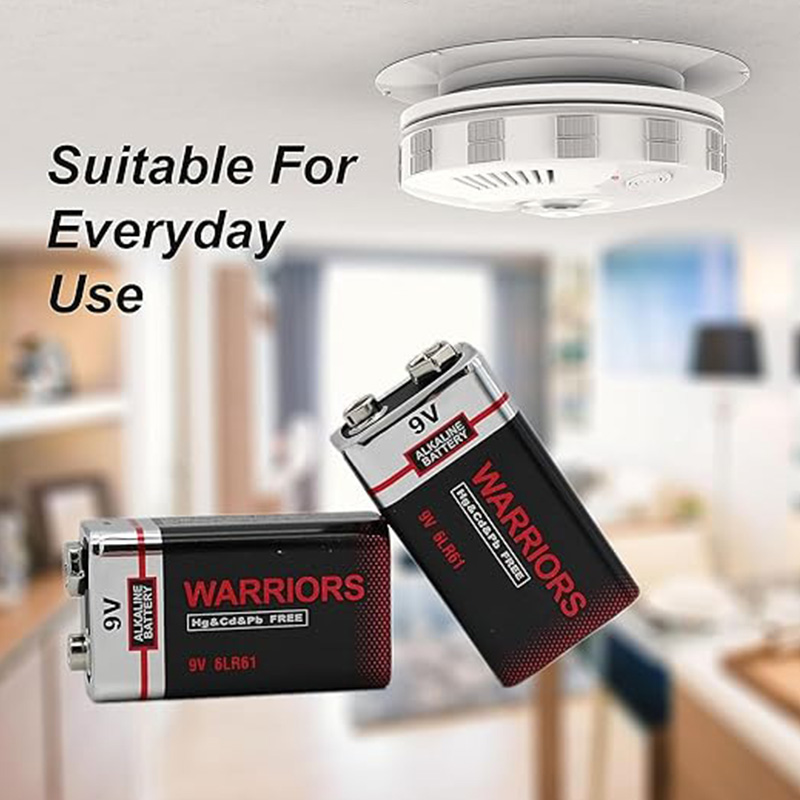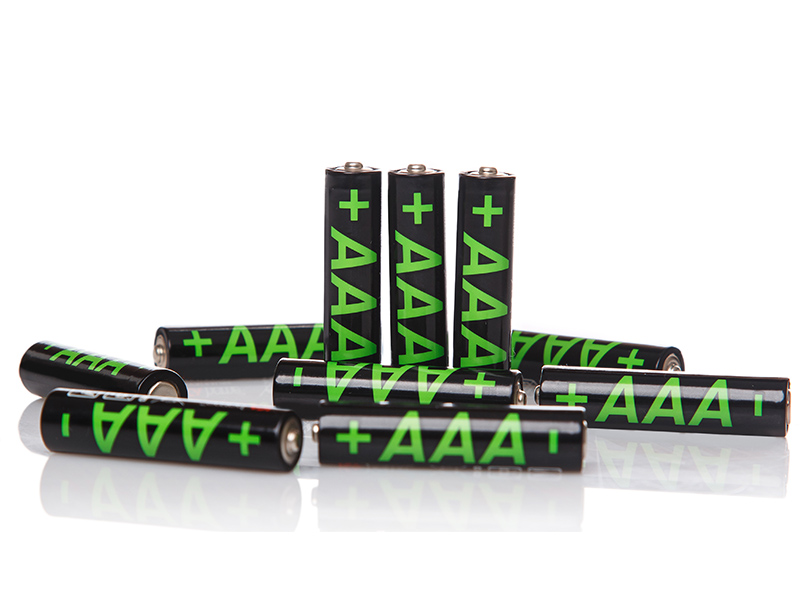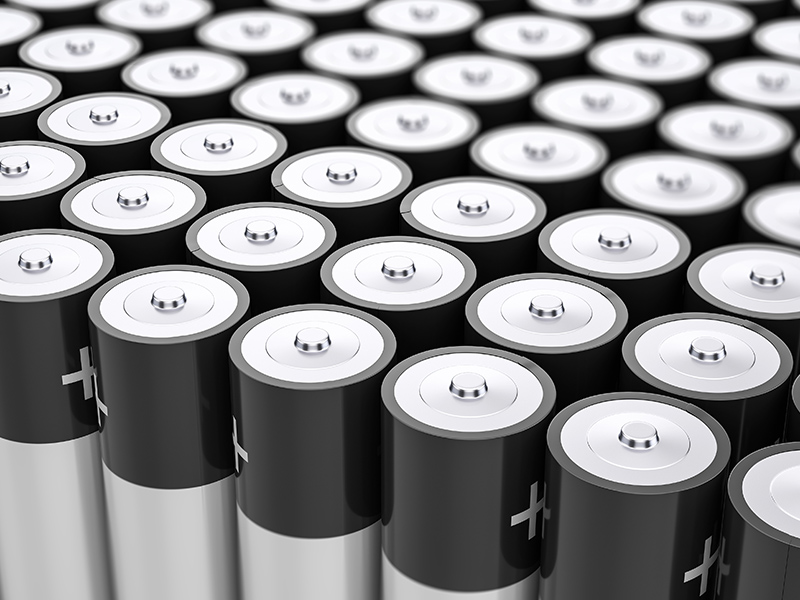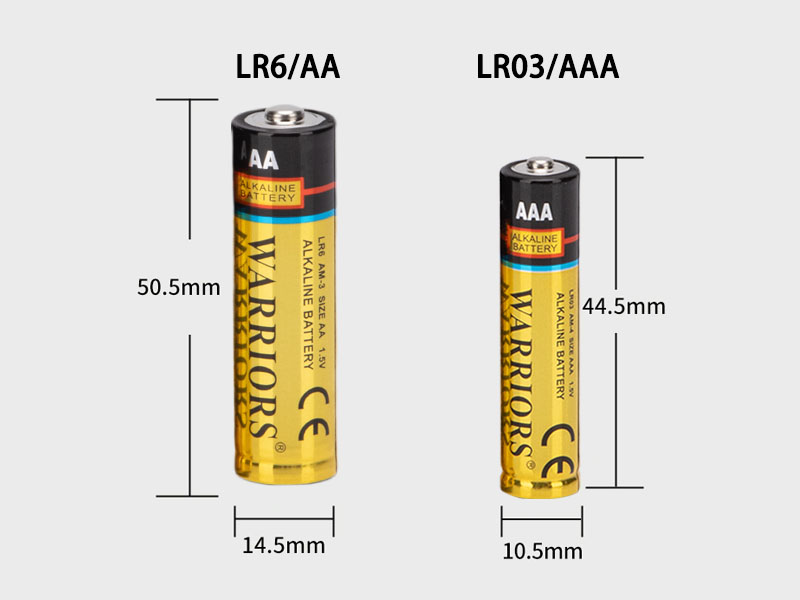May 07, 2025
Shelf life of various battery types
The shelf life of batteries is greatly affected by their type and storage environment. Generally speaking, alkaline batteries have a service life of 5 to 10 years, while lithium batteries can maintain a life of 10 to 15 years. NiCd batteries can usually be recharged 500 to 1000 times, and the normal life of NiMH batteries is between 1 and 5 years. Lead-acid batteries may also have a lifespan of up to 5 years if they are well maintained.
Carbon-zinc batteries usually have a shelf life of 2 to 3 years, while silver oxide batteries can be used for 3 to 5 years if properly stored. Proper storage methods are essential, such as keeping the battery in a dry and cool place and keeping the original packaging as much as possible, which can help extend the service life. If you want to learn more about how to effectively extend the shelf life of batteries, please continue to pay attention to our content.
Understanding Battery Shelf Life
We often worry about the shelf life of batteries. This concern is reasonable, considering that we rely on batteries to power various devices. We must understand that the shelf life of batteries depends largely on the type of battery and the storage conditions.
Typically, lithium batteries have a shelf life of 10-15 years, while zinc-carbon batteries have a shelf life of about 2 years. Lead-acid batteries can only maintain full capacity for about 6 months under ideal storage conditions.
To maximize the life of your battery, store it in a cool, dry place and avoid exposure to high temperatures. Always keep it in its original packaging until use. Remember, safety is always the primary consideration when handling batteries.
Batteries contain harmful chemicals and can leak if not stored properly or used beyond their shelf life. Knowing the shelf life of your battery not only ensures its optimal performance, but also promotes a safer environment. It is an important part of using batteries responsibly.
Alkaline Batteries: Life Expectancy
Now that we have a general idea of battery shelf life, let's talk about a type of battery that is commonly found in most homes: the alkaline battery. These batteries have a shelf life of approximately 5 to 10 years. However, it is important to remember that this life span is not set in stone.
It can be affected by a number of factors, including storage conditions and the initial charge of the battery. We cannot overstate the importance of storing batteries in a cool, dry place. Extreme temperatures and humidity can damage battery components and shorten their lifespan.
In addition, it is best to store batteries in their original packaging until they are needed. This prevents the batteries from coming into contact with each other or metal objects, which can lead to accidental discharge. In addition, we also need to be aware that not all alkaline batteries are the same.
High-performance alkaline battery versions may last longer than standard versions. It is recommended that you check the manufacturer's information for specific information. Finally, for safety and environmental reasons, be sure to dispose of used alkaline batteries properly. By understanding and following these tips, we can maximize the life of our alkaline batteries and make the most of this energy source.
Lithium Batteries: Storage Life
Switching gears, let's explore the world of lithium batteries and their storage lifespan. Typically, these powerful batteries can be stored for up to ten years. They are the first choice if you need long-term, reliable power. However, just like any other battery, their lifespan depends on how you store them.
Always store lithium batteries in a cool, dry place. High temperatures accelerate the degradation of the battery and shorten its lifespan. Also, never store a battery fully charged. To maximize the battery lifespan, it is recommended to keep the charge level at around 50%.
Remember, safety is of the utmost importance. Do not store lithium batteries near metal objects or in your pocket. They can cause short circuits and create a potentially dangerous situation. It is best to store them in a protective case.
Avoid storing old and new lithium batteries together. The old battery may discharge and potentially damage the new one.
All in all, the storage life of lithium batteries is impressive, but it depends a lot on your storage habits. Prioritize safety and follow these tips to extend the life of your battery. Your device will thank you!
NiCad Battery Life
NiCad batteries have different life characteristics. Typically, these batteries last between 500 and 1000 charge cycles, depending on how they are used. This is a fairly wide range, but it is important to note that how they are used can have a significant impact on battery life.
For example, frequent full discharges will shorten the life of NiCad batteries. We recommend partial discharges to extend the life. Also, if these batteries are not fully discharged regularly, they can develop a phenomenon called the "memory effect."
Basically, they "forget" their full capacity, causing performance to degrade. So, it's a balance: regular partial discharges and occasional full discharges. As for storage, NiCad batteries have a self-discharge rate of about 10% per month at room temperature. Therefore, we recommend charging every 3-6 months during storage to prevent full discharge.
NiMH battery life
Now let's take a closer look at NiMH batteries. These batteries are commonly used in hybrid cars and are a reliable power source, but they are made to last. They are rechargeable and have a decent lifespan, but like anything else, they won't last forever.
The average lifespan of NiMH small rechargeable battery is about one to five years. However, their lifespan depends on how often they are used and charged. If you use your battery every day, it may not last as long as a battery you use occasionally.
But don't worry, there are things you can do to extend the life of your battery. First, don't overcharge it. Overcharging can cause the battery to overheat, which can shorten its lifespan. It's best to remove the battery from the charger once it's fully charged.
Second, store your battery in a cool, dry place. High temperatures can damage the battery and shorten its lifespan. Finally, try not to let the battery fully discharge before charging it. This can also shorten the lifespan of the battery.
Lead-acid batteries: Storage life
It is vital to delve deeper into the world of lead-acid batteries and understand their unique storage life. If properly cared for, these powerful batteries can last up to five years. However, their lifespan depends greatly on usage and storage conditions.
Lead-acid batteries require a cool, dry environment. Overheating will accelerate the self-discharge process and shorten their lifespan. We cannot overemphasize the importance of storing these batteries at room temperature or lower.
Another key factor affecting the lifespan of lead-acid batteries is their state of charge. If you are not using them, make sure to fully charge them before storing them. Idle lead-acid batteries will self-discharge over time, so they need to be recharged regularly. We recommend topping up every six months to avoid deep discharge that can damage the battery.
It is also worth noting that old, second-hand batteries have a shorter storage life than new batteries. So, if you have extra lead-acid batteries, it is best to use them as soon as possible.
Zinc-carbon battery shelf life
We have been talking about lead-acid batteries, so it is time to change the subject and talk about zinc-carbon batteries. Zinc-carbon batteries are known for their affordability and popularity, and are often the first choice for low-power devices such as remote controls and wall clocks. But how long can these batteries be stored safely?
1. Shelf life: Carbon batteries usually have a shelf life of 3 years. However, the specific shelf life will vary depending on storage conditions.
2. Storage conditions: To extend the shelf life of the battery, please store the battery in a cool and dry place. High temperature and high humidity will accelerate the discharge of the battery and shorten the battery life.
3. Packaging: It is best to keep the battery in its original packaging until use. This can prevent accidental short circuits and physical damage.
4. Expiration date: Always check the expiration date on the packaging. After the expiration date, the battery may leak or rupture, posing a safety hazard.
Silver Oxide Batteries and Their Shelf Life
Let's turn our focus to silver oxide batteries and discuss their shelf life. Typically, silver oxide batteries can last up to 3 to 5 years if stored properly. This is a decent lifespan, but we can't ignore the effects of factors such as temperature and humidity.
Now, let's talk about how to properly store batteries. For safety and to extend the battery life, it is best to store batteries in a cool and dry place. Avoid excessive heat or cold, as this will cause battery components to age faster. Likewise, high humidity can cause battery corrosion, further shortening the battery life.
We should also note that silver oxide batteries have a "use by" date on their packaging. This date is the manufacturer's estimate of when the battery will begin to lose its charge. It is not a fixed expiration date, but it can be used as a guide.
Finally, remember to keep these batteries out of the reach of children. They are small and can be easily swallowed. Always put safety first when handling and storing batteries.
Read More


